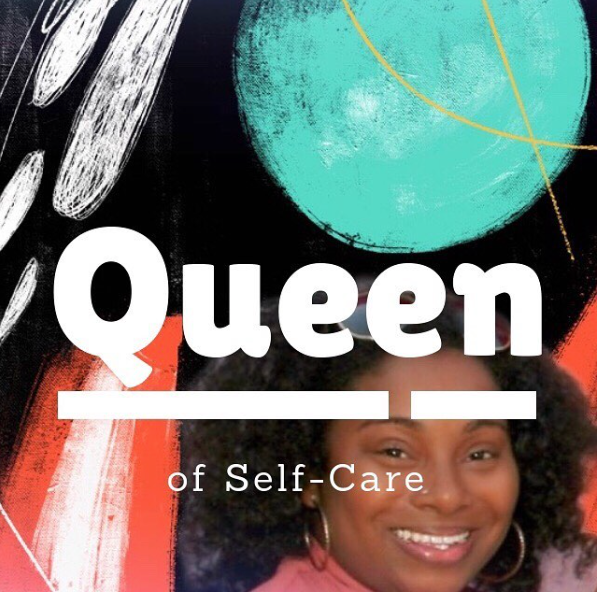You Deserve: A Guide to Self-Care
- Amani Na Badha
- Aug 13, 2018
- 2 min read

Advertisers have used these words to hawk their goods--everything from automobiles to luxury vacations--to consumers with a misplaced sense of entitlement. I address these words to a different audience: those lacking in self-esteem, like a client who couldn't find time to make herself a cup of tea, so completely was she occupied with meeting the needs of everyone else in her household. Her own needs, far from appearing at the top of her priority list, didn't appear there at all.
It may require psychotherapy to discover and address the original circumstances that created the self-belief "I don't deserve." Another client, when asked about his inherent lack of self-respect, said "I don't know-I've always felt that way."
Even before identifying and dealing with the root causes of low self-esteem, one can take actions that will help alter destructive self-beliefs.
1. My time
How much personal time do you think you deserve each day, apart from time devoted to your work, your children, your partner, or other obligations? Personally I would encourage you to aim for at least an hour, but I hope you would aim higher than "Please, could I have five minutes?" spoken in the plaintive tones of Oliver Twist saying, "Please, sir, I'd like some more."
2. Possibilities
Having set a goal for your daily personal time, compile a list of at least two dozen ways in which you could pleasurably spend it. These activities might be anything from a solitary walk to yoga or meditation, from skiing or sky-diving to time with a good book, from pursuing a hobby or interest to just enjoying a long, hot bath. The choice is entirely yours; the only criterion is that the time be spent for your own enjoyment.
3. From Thought to Action
Choose an item from your list each day and carry it out. Devote a page in your journal to recording what you have done, so that at the end of the week you can look back to see not just intentions but actual evidence of self-care.
As you continue to take steps on your own behalf, it becomes more and more difficult for your brain to sustain the belief that "I don't count," "I don't matter," or "I don't deserve."
I don't want to minimize the value of therapy in addressing issues of self-esteem, but an active program of self-care in itself can reverse a pattern of passivity and help support a positive self-belief, "I deserve."
Arthur Wenk, a psychotherapist practicing in Oakville, Ontario, combines cognitive-behavioral therapy (discovering techniques for producing immediate changes) with a psychodynamic approach that helps make changes permanent by addressing the root causes of mental health problems. Art is certified by OACCPP (the Ontario organization for psychotherapists) and EMDRIA (the EMDR International Association). Art's website, http://www.oakvillepsychotherapy.com, contains one-page summaries of recommended books on personal growth, brief explanations of common mental health issues, and lectures on parenting, the psychology of families, and the functioning of the brain.





Comments